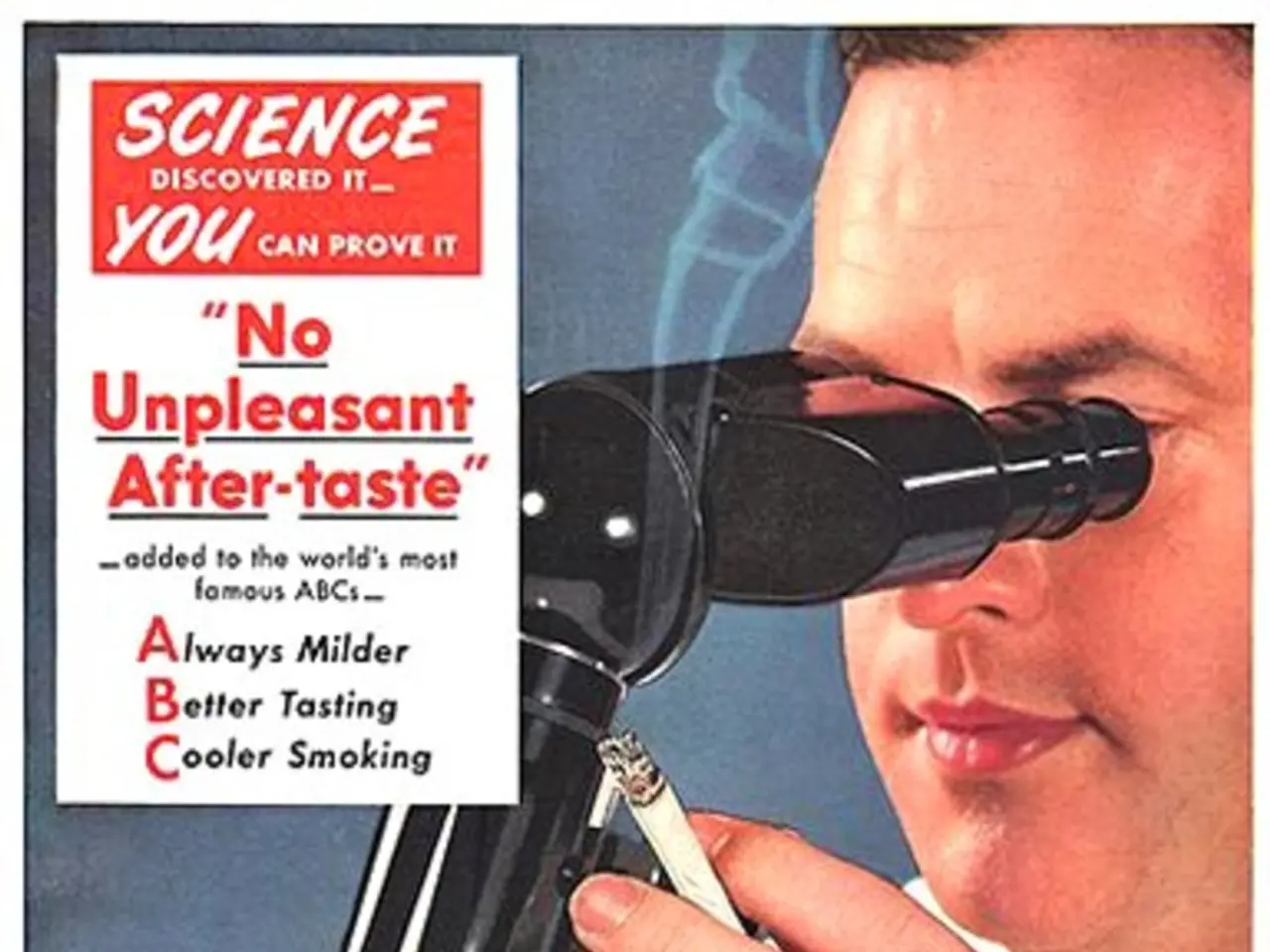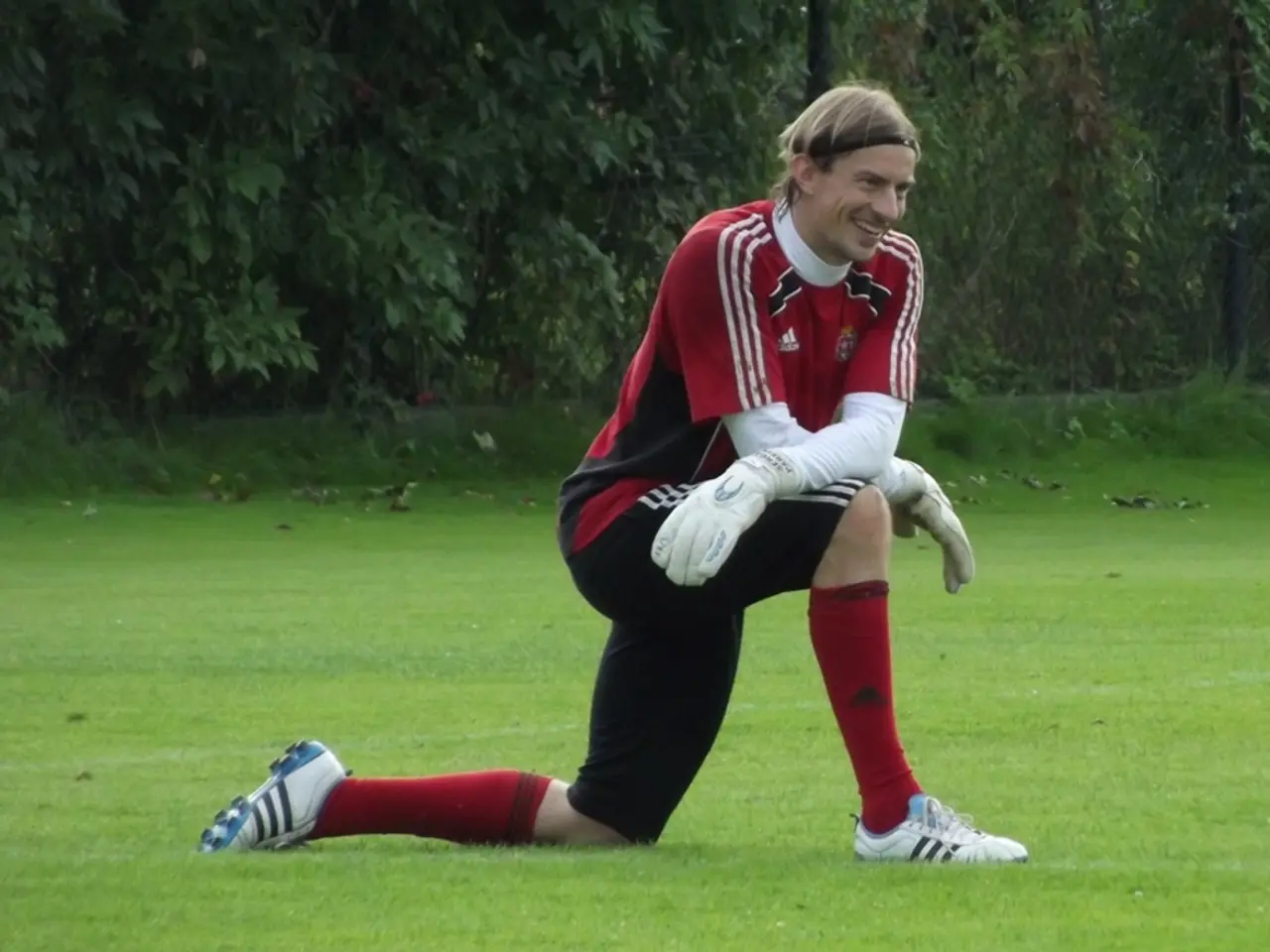Scientists Confront Challenges in HIV-Afflicted Brains
The University of Rochester Medical Center, in collaboration with the University of Nebraska and Califia Bio Inc., is leading a groundbreaking project to develop the world's first treatment for HIV-associated neurocognitive disorder (HAND). The team, spearheaded by Harris A. Gelbard, has made significant strides in laboratory tests, but as of August 2025, no publicly available updates detail the current status of a treatment developed by Gelbard's team.
Recent research efforts have focused on understanding the mechanisms and treatments related to neurocognitive impairment in people living with HIV (PWH). Multiple research groups, including those at UNC and UCLA, are investigating viral persistence in the central nervous system, neuroinflammation, and novel therapeutic strategies. However, no specific updates on Gelbard's compound or its clinical trial progress have been explicitly mentioned.
The team's test compound targets the enzyme MLK3, which plays a key role in the inflammatory process in HAND. In tests, the compound has shown promise in reducing inflammation dramatically and preserving the structure of synapses, central to the ability of brain cells to communicate with each other.
The compound has been designed to slow or eliminate inflammation, a significant contributor to the damage caused by HIV to the brain. HIV infects the brain early on and causes damage to synapses, leading to symptoms such as difficulty thinking or concentrating in about half of HIV patients.
Scientists and doctors have developed a combination antiretroviral therapy (cART) that significantly reduces HIV levels in the body for most patients. However, cART cannot prevent or reverse the damage already caused to the brain by HIV.
The project received $6.7 million in new funding from the National Institute of Mental Health, and the team plans to apply to the National Institutes of Health for funding to fast-track the development of the compound into a drug for clinical trials. The team hopes to begin a clinical trial in people within five years.
Progress against HIV-related dementia may also benefit other conditions such as Alzheimer's, Parkinson's diseases, and heart failure. The team found crucial clues about how to better target MLK3 from a previous study with an experimental drug designed for Parkinson's disease.
Despite ongoing research worldwide, there is currently no approved treatment for HIV-associated neurocognitive disorder. Continued monitoring of clinical trial registries and academic publications will be necessary for the latest updates on this promising research area.
- Given the ongoing research and the lack of an approved treatment for HIV-associated neurocognitive disorder (HAND), the team's compound, targeting the enzyme MLK3, and aimed at diminishing brain inflammation, could potentially revolutionize health-and-wellness for people living with HIV, offering a potential solution for managing mental-health symptoms and neurological-disorders associated with the condition.
- As the field of medical-conditions related to HIV continues to evolve, the progress being made on Gelbard's treatment for HAND, particularly the compound's demonstrated ability to preserve synapses and reduce inflammation, may have far-reaching implications not only for HAND but also for other neurological disorders, such as Alzheimer's, Parkinson's diseases, and heart failure.




